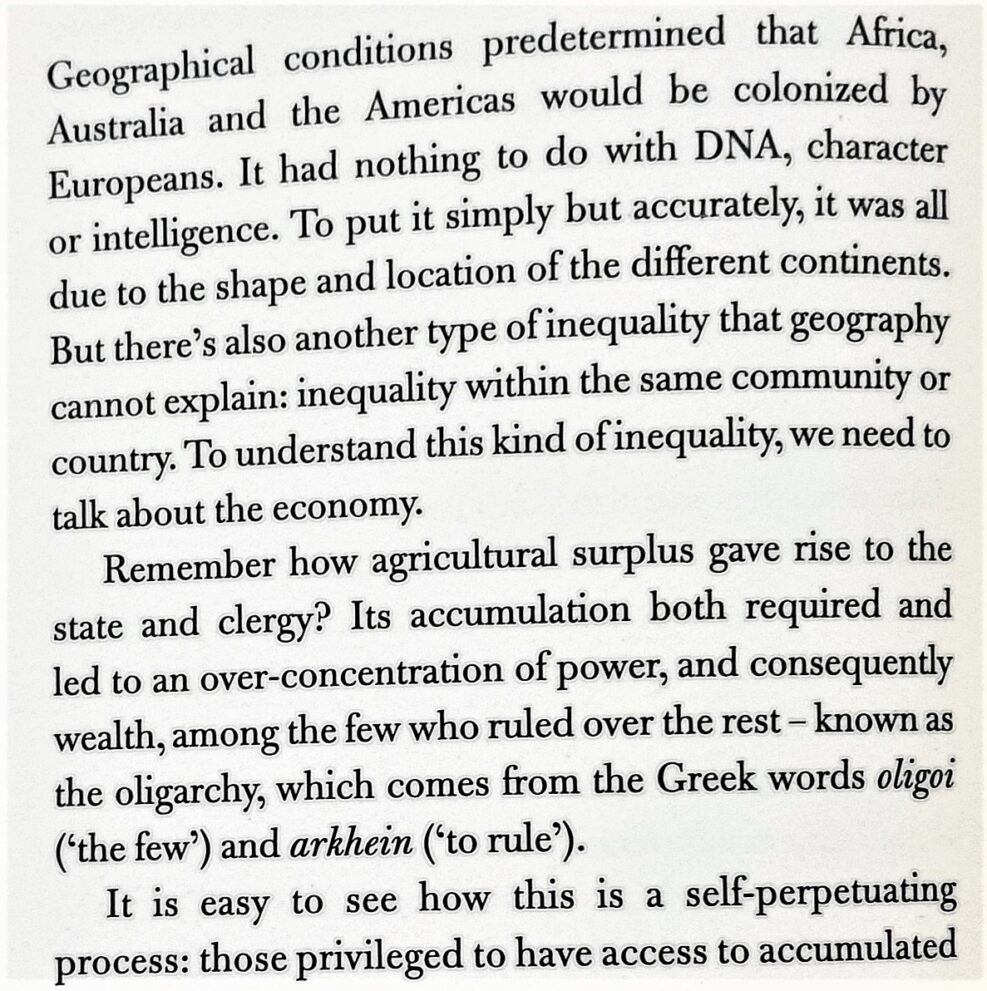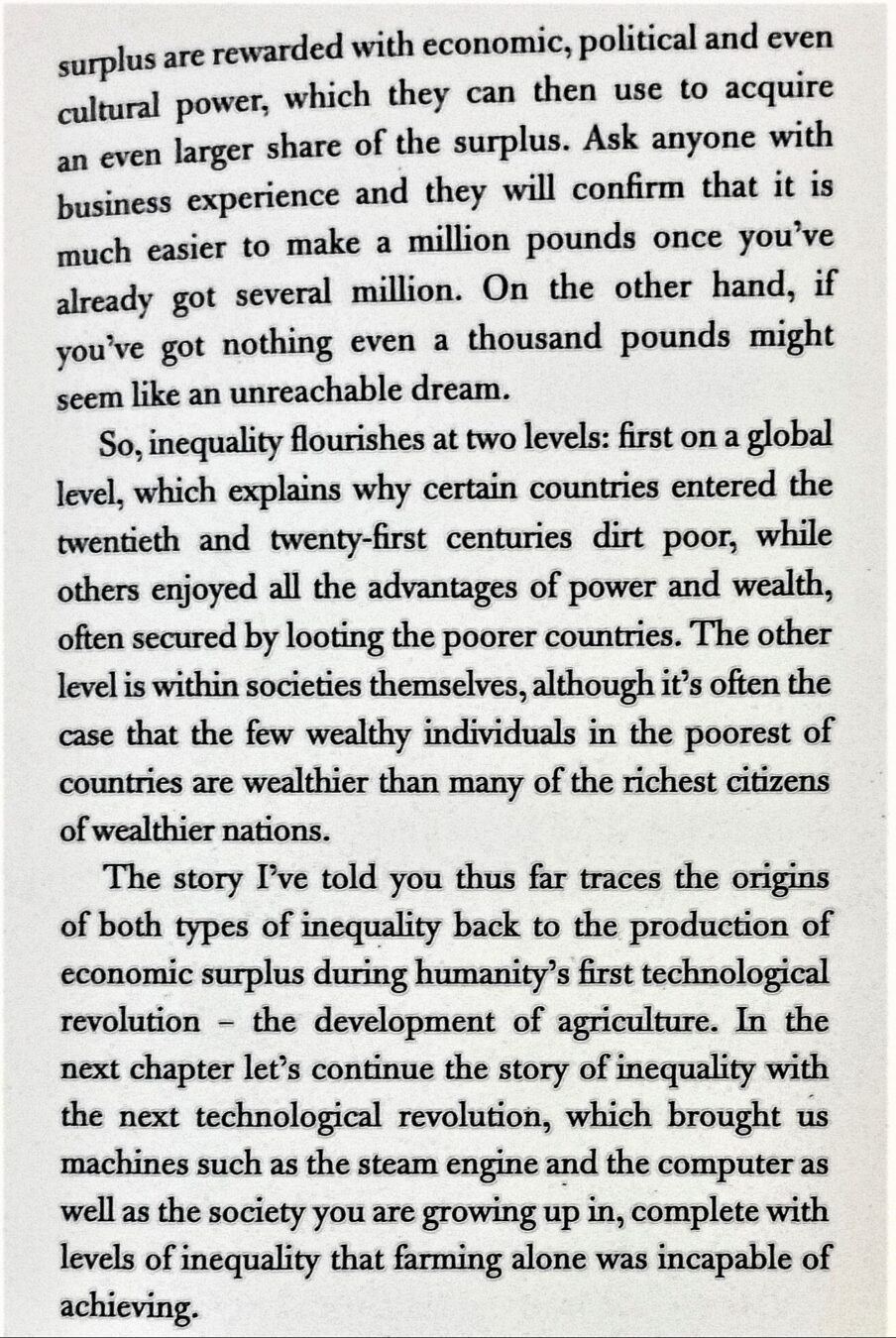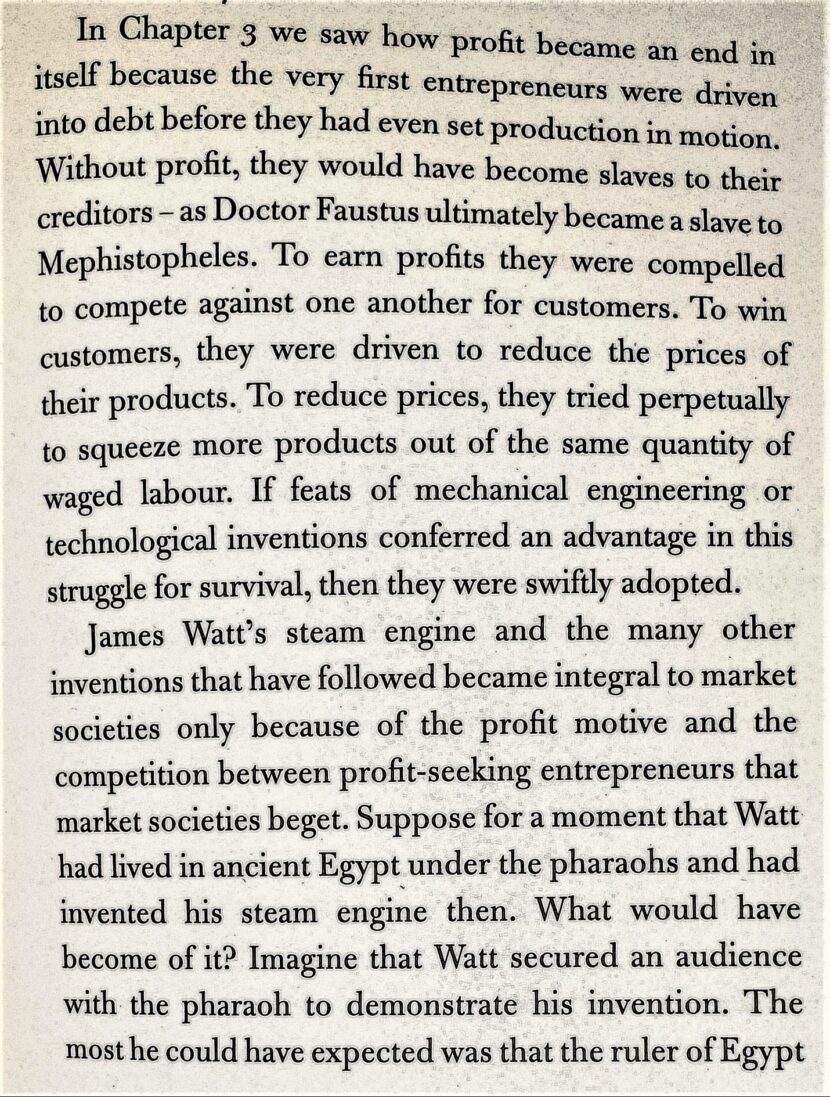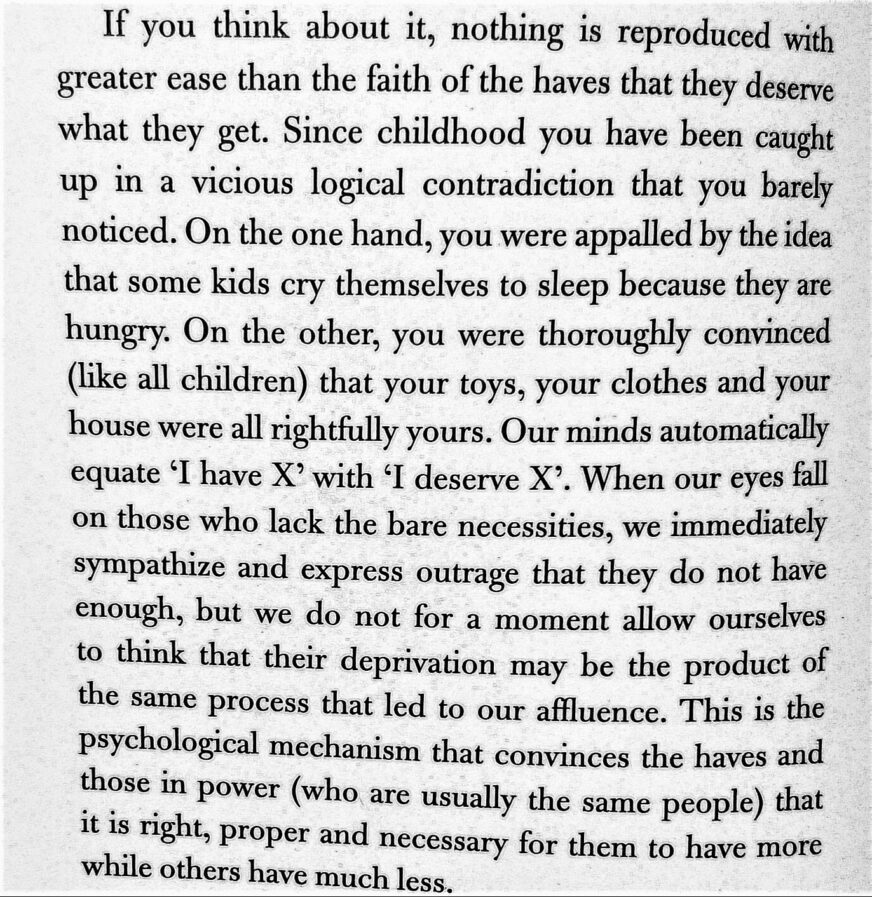Yanis Varoufakis is notorious for being the Greek finance minister who eyeballed the EU during the austerity measures negotiation when Greece defaulted on its loan repayment plans. He refused to blink, the EU stood firm and just about when Greece was going to tumble over, the Greek government blinked and agreed to EU terms while Yanis Varoufakis resigned in disagreement and rode his bike into the sunset.
This is background is necessary to understand where the author is coming from when one is reading the book. It is one where the author feels rightly distraught that economists portray economics as an opaque, complex and too complicated for the common man. This is the issue he attempts to simplify for his then twelve years old daughter in this book. Talking To My Daughter About The Economy is an attempt by the author to describe the economy via a brief history of capitalism. The tricky thing about economics and the economy that is pretty obvious to a lay reader like myself is how divisive and controversial most topics are in the world of economics. There is no consensus on topics like causes of inequality, poverty (its causes and solutions) and even which economical system is optimal. It does not mean that there are no consensus topics in economics. All sides agree that increased money supply leads to inflation. The problem with the sides is that from the starting of any expert, you can tell where they will land on all controversial topics. Only laymen with no dog in the fight and no vested interest can be swayed either way on individual topics.
The foundational topic of economics is inequality and poverty; why some have surplus while others are perpetually in lack. There is a geographical determinism school of thought and the institutionalist school of thought. The latter postulates that a lack of institutions and have inhibited economic growth and welfare in poor countries while the former argues that the geographic conditions of the poor countries (vis-a-vis the western ones) made them ripe and suitable for the plundering of colonialism and exploitation by Europeans and Americans. Talking To My Daughter About The Economy is firmly camped in the geographical determinism divide. It is an argument that sways me. The institutionalist argument has an arrogant underpinning that ignores the past of conquered territories like Africa, Australia and the native Americans.
The inequality at the foundation of modern society is the basis for the economic argument that is advanced in this book. The author regularly takes shots at the excesses of the market economy that has become the hallmark of 21st-century capitalism. It is illuminating for a layperson how the book exposes the hypocrisy of the banks who get in bed with the political elite class to overheat the economy and exploit the underbelly of the capitalist state and then turn around to refuse the intervention of the state when markets go awry. An unbiased reader does not need to be a believer in Yanis Varoufakis’ core socialist beliefs to be convinced in his argument that a global market economy where everything can be bought and sold (have an exchange value) is a recipe for disaster. It is destroying our environment. Neither do you need to be a socialist or Marxist to see through the hypocrisy of “Too big to fail” when it comes to the banking system which is often closely aligned to the political elite?
All of the above and more are described with the use of greek mythological anecdotes and plots from popular sci-fi movies. I am not a fan of either of these, so I found that aspect of the book a bit distracting but not distracting enough to stop the flow of the crux of the matter which is an introductory, lucid and accessible exposition on how our world has arrived at it present juncture in terms of its economical development. The most impressive anecdotes are those vivid comparisons between money supply and the market in cigarettes in a German prisoner-of-war camp used to explain inflation, deflation and interest rates, in terms any teenager – or adult – will understand. His accusations against the protestant work ethic as being contributory to the excesses of capitalism are quite a reach and same can be said about his obvious dislike for the rich. All of these are biases than are understandable when his fundamental ideology is considered but neither detracts from his obvious point about the excesses of the market economy. On the downside, for all the lucid highlights, the author is low on viable solutions. Asking for the democratization of the market is as vague as it can get and does not move the discussion much forward. In all, it is a good read and well recommended.
3.4/5








